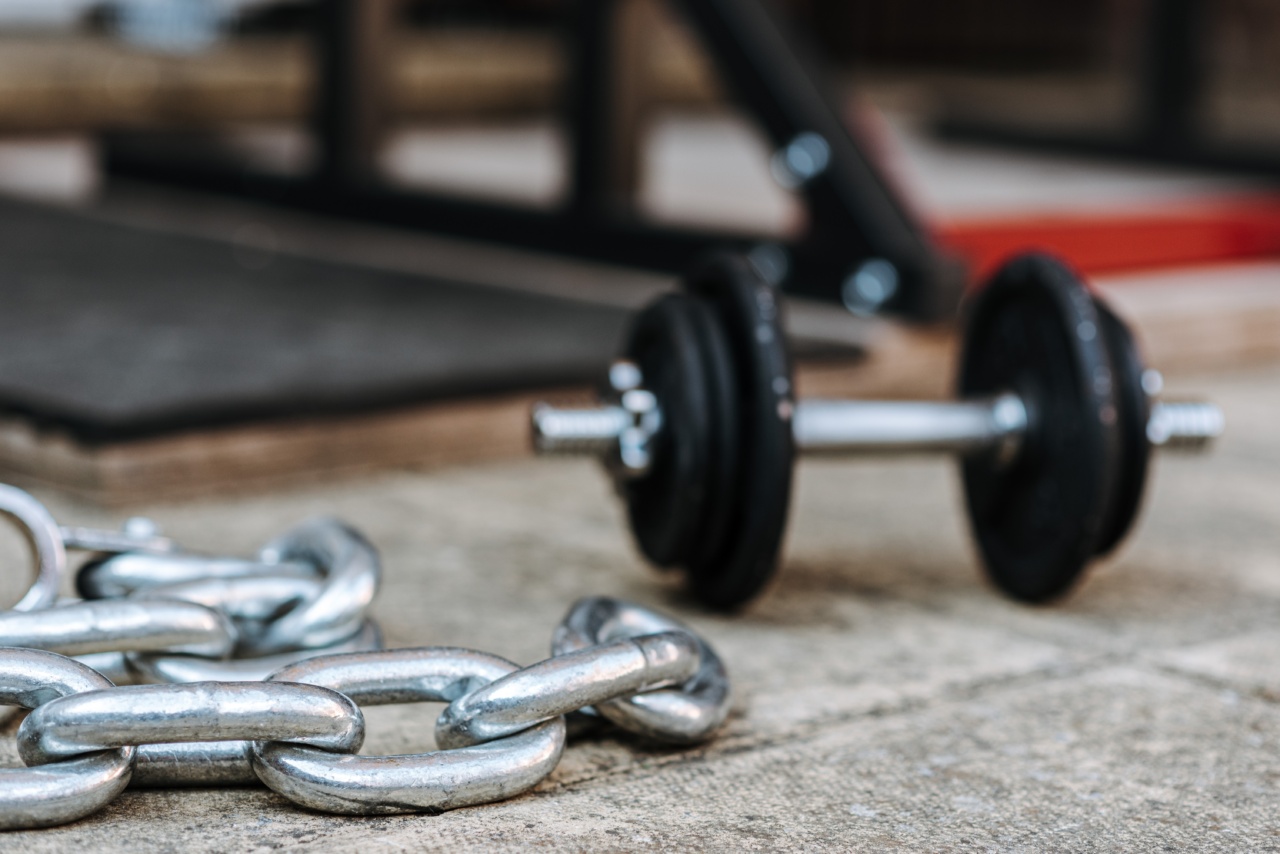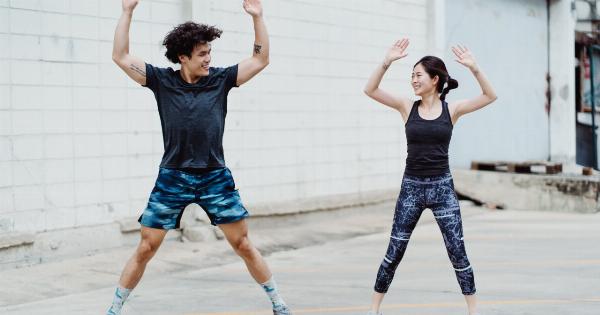We all know that exercise is good for us. It helps us maintain a healthy weight, keeps our heart healthy, and boosts our mood.
But did you know that exercise can also increase our lifespan? Studies have shown that regular exercise can help us live longer, healthier lives. In this article, we’ll explore the link between exercise and a longer life.
The Benefits of Exercise
Before we dive into the research on how exercise can extend our lifespan, let’s first take a look at some of the other benefits of exercise.
1. Weight Control
Exercise helps us burn calories, which can help us maintain a healthy weight. This is especially important as we age, as our metabolism tends to slow down.
Regular exercise can help us keep our weight in check and reduce the risk of obesity-related diseases.
2. Heart Health
Exercise is good for our heart. It helps keep our blood pressure in check, reduces our risk of heart disease, and strengthens our heart muscle.
3. Mental Health
Regular exercise has been shown to reduce symptoms of depression and anxiety. It also boosts our mood and improves our self-esteem.
4. Bone Health
Weight-bearing exercises, such as walking or jogging, can help us maintain strong bones and reduce the risk of osteoporosis.
The Link Between Exercise and a Longer Life
Now that we’ve reviewed some of the benefits of exercise, let’s take a closer look at how exercise can help us live longer.
1. Reduced Risk of Chronic Diseases
Regular exercise has been shown to reduce the risk of chronic diseases, such as heart disease, diabetes, and certain types of cancer. These diseases are leading causes of death, so reducing the risk of these diseases can increase our lifespan.
2. Improved Telomere Health
Recent studies have shown that exercise can improve telomere health. Telomeres are the protective caps at the end of our chromosomes that shorten as we age. Shorter telomeres are associated with a higher risk of chronic diseases and a shorter lifespan.
Exercise has been shown to slow down this shortening process, which can help us live longer.
3. Improved Immune Function
Regular exercise has been shown to improve immune function. This can help us fight off infections and illnesses, which can increase our lifespan.
4. Reduced Inflammation
Inflammation is linked to many chronic diseases, including heart disease and cancer. Exercise has been shown to reduce inflammation in the body, which can help us live longer.
5. Improved Cardiovascular Health
Regular exercise helps keep our heart healthy, reducing the risk of heart disease and stroke. This can increase our lifespan.
6. Reduced Risk of Cognitive Decline
Exercise has been shown to improve cognitive function and reduce the risk of cognitive decline. This can help us maintain our mental sharpness as we age, increasing our lifespan.
How Much Exercise Do We Need?
So we know that exercise can help us live longer, but how much exercise do we need? The American Heart Association recommends at least 150 minutes of moderate-intensity aerobic exercise per week, or 75 minutes of vigorous-intensity aerobic exercise per week.
It’s important to note that any amount of exercise is better than no exercise. Even small amounts of exercise can have health benefits.
Conclusion
Exercise is an important part of a healthy lifestyle. It helps us maintain a healthy weight, keeps our heart healthy, and boosts our mood. And, as we’ve seen, exercise can also help us live longer.
By reducing the risk of chronic diseases, improving telomere health, boosting immune function, reducing inflammation, improving cardiovascular health, and reducing the risk of cognitive decline, exercise can help us live longer, healthier lives.































